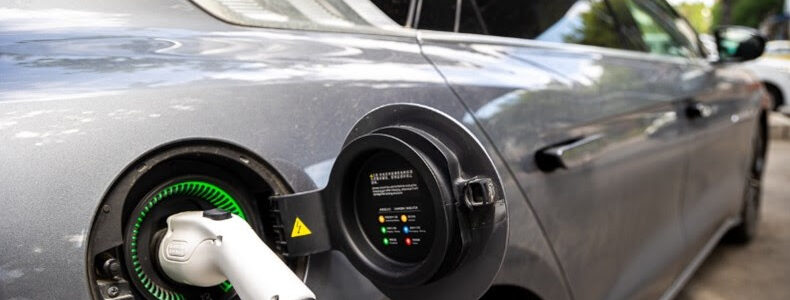
At the end of 2024, for the first time in Uzbekistan, imports of electric and hybrid cars outnumbered traditional gasoline cars. According to the Customs Committee, published by Gazeta.uz, 80,235 passenger cars worth $1.9 billion were imported into the country during the year. At the same time, this is 7% less in quantitative terms (-5,710 units) and 33.1% less in monetary terms (-$632.6 million) compared to 2023.
Imports of cars with gasoline engines decreased by 36.3%, amounting to 32,928 units (compared to 51,699 a year earlier). The cost of imports also decreased significantly – from $1.18 billion to $707.2 million (-40%). The share of gasoline cars in total imports decreased from 64.4% to 44.2%.
Imports of hybrid cars increased by 42%, reaching 17,480 units. Their total value amounted to $339.3 million, which is 17% more than in 2023. The share of hybrids in total imports increased from 15.3% to 23.4%.
Electric vehicles showed even more impressive growth: the number of imported cars increased 1.5 times, from 16,084 to 24,095 units. At the same time, their cost decreased by 48.2% to $224.8 million. The share of electric vehicles in imports increased from 20% to 32.3%.
The average cost of an imported electric car decreased almost threefold, from $26,972 to $9,330 (excluding VAT and customs duties). Hybrid cars also fell in price, but less significantly: the average price dropped by 17.6%, from $23,570 to $19,410. For gasoline cars, the decline was only 6%, from $22,858 to $21,476.
The growing demand for environmentally friendly vehicles is being stimulated by tax and customs incentives. Imports of electric vehicles are exempt from excise duties, customs duties, and road tolls. Taxi drivers using electric and hybrid vehicles are exempt from license fees until 2030. Entrepreneurs are entitled to benefits for the installation of charging stations, which will be introduced in 2023.
In addition, the registration of electric vehicles and hybrids is cheaper than that of gasoline cars. For example, the cost of registering an eco-friendly vehicle is 1.5 BRV, while for gasoline cars it is 6.84 BRV.
Problems with LPG refueling and the high cost of gasoline also contribute to drivers’ switching to electric vehicles. As a result, the share of eco-friendly vehicles in imports reached 55.8% (33,564 units), exceeding the share of gasoline cars (44.2%, 32,928 units).